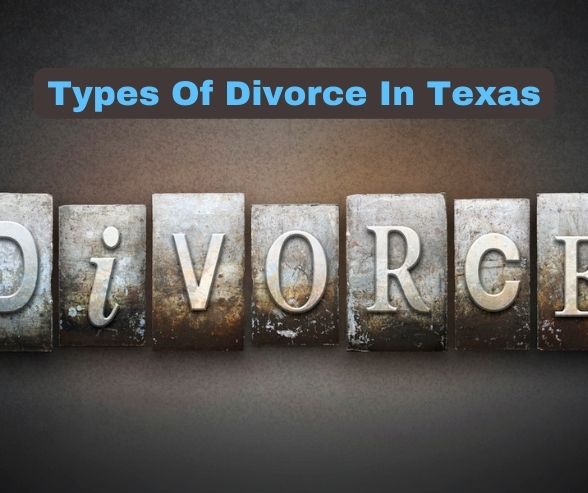Here at Second Wives Crusade, we believe that all children deserve equal rights and protection under the law.
We stand for equality and fairness for all families.
Parker Herring discusses equitable distribution, which is the division of assets, property, and debts during a divorce.
TRANSCRIPT: Equitable distribution is the division of property through the court system. You can do equitable distribution without involving the court and end up with a separation agreement or collaborative law. But it’s the division of all of your property. What is property? It’s the stuff, it’s the things. So you start with real estate, then go down to paper money accounts, retirement accounts, vehicles, airplanes, and motorcycles. And then you look at your debt and have the things in your house. And you try to figure out a way to value all of those items, to classify whether they’re marital or separate, and then after you’ve valued them, to divide them. It’s called “equitable distribution” because in North Carolina, there is a presumption that “equal” is “equitable.” Still, there are factors a court can decide, or parties can decide between them, that they don’t want to do exactly a 50-50 split. However, suppose you go to court and have a judge decide. In that case, equitable distribution will result in the parties having an equal division unless the judge recognizes one of the 13 factors as compelling.
When you sign a separation agreement, it includes property settlement. It’s standard form to state that the court will not get involved, so you have divided the property by yourselves without the court getting involved, so there will be no equitable distribution process with the court. And it’s a cumbersome process. You each have to file a complaint, answer a complaint, and file an affidavit, which has all of the issues before you, and where you each state whether you feel the property is marital or separate and what you feel it’s worth. And then you do spreadsheets, and you have pre-trials. So, the court process of equitable distribution is very time-consuming.
It’s very important not to file for an absolute divorce or not let your spouse obtain an absolute divorce without preserving the right to have the court decide spousal support and division of property. If your spouse files a complaint, and it doesn’t include division of property, and you don’t answer and make a claim for division of property, then you’ve lost the right to have the court decide that. Then, the property will be divided by title.
featured Post > 17 Year Old Runaways
Divorce and Family Law Blog
Legal Rights and Property Division in a Second Marriage
Legal Rights and Property Division in a Second Marriage in Texas Divorce is never easy, especially when you’re dealing with a husband who’s been married before. If you’re navigating this…
Blended Families and Step-Parenting
Blended Families and Step-Parenting: Lessons From My Journey I never thought I’d find myself in a blended family. After my first marriage ended, I wasn’t even sure I’d ever remarry….
Co-Parenting After a Second Divorce
Co-Parenting After a 2nd Divorce: Navigating the Journey with Strength and Grace Going through one divorce is tough enough, but when you’re facing a second one, it can feel overwhelming—especially…
Common Challenges in Second Marriages
Common Challenges in 2nd Marriages: Navigating the Journey as a Second Wife Second marriages can be a beautiful new chapter, but let’s be honest—navigating this journey can feel like walking…
Legal Aspects of Second Divorce
Navigating a second divorce can be more complex than the first, especially when children, property, or prenuptial agreements from a previous marriage are involved. In Texas, the divorce process follows…
Austin Uncontested Divorce Lawyer
Divorce is a significant life event that can be fraught with emotions and complications. However, not all divorces have to be contentious battles in court. In Austin, Texas, many couples…
How Much Does It Cost To Get A Divorce In Austin?
Divorce is a significant life event that carries not only emotional weight but also substantial financial implications. In Austin, as in other cities, the cost of getting a divorce can…
Uncontested Divorce With Child
Spouses who want an affordable and less stressful divorce often choose an uncontested divorce. This kind of divorce takes a shorter time to finalize and is more seamless compared to…
Types Of Divorce In Texas
Knowing the different types of divorce that exist can help you choose the type that best suits your situation. Factors such as cost and how much your interests will be…










